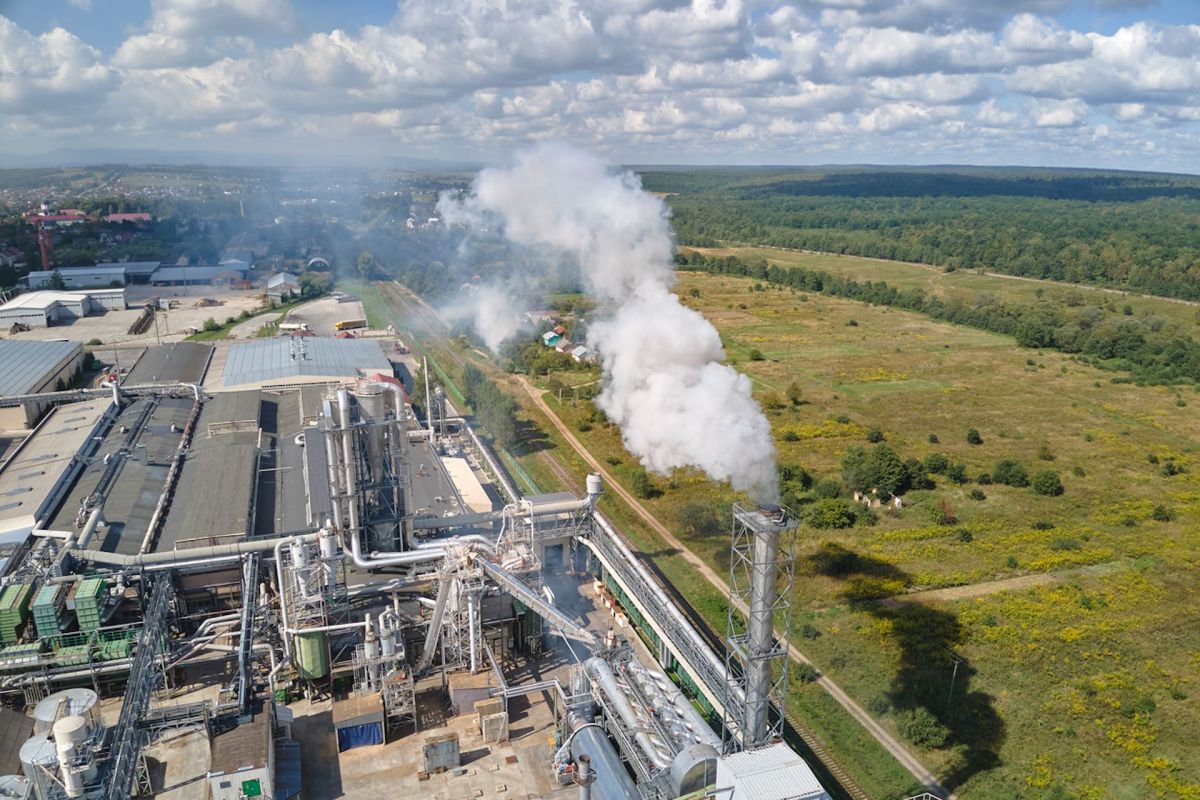Plastic pollution is one of the most pressing issues our planet is facing. In addition to clogging landfills, filling the oceans, and leaching microplastics into every corner of the earth, plastic causes an immense amount of pollution during its production, which is largely fueled by dirty energy sources such as gas and oil.
That's why one company has endeavored to come up with a new way to manufacture one important chemical used in plastic using electricity instead of dirty energy.
Canadian company CERT Systems Inc. has developed a new process for making ethylene — the world's most widely used petrochemical, which features in products such as textiles, building materials, food packaging, shampoo, and many more. Ethylene is used to make products lightweight, durable, and waterproof.
"For every tonne of ethylene, one to two tonnes of carbon dioxide are emitted through the conventional manufacturing process," Dr. Christine Gabardo, one of the co-founders of CERT, told The Guardian.
Instead of the conventional process, Dr. Gabardo and her co-founders use a process called CO2 electrolysis to create ethylene using only renewable electricity, with no harmful pollution and all of the chemical byproducts being usable in other industrial processes.
"The future is electric. We are expected to more than double our renewable electricity capacity in this decade," Dr. Alex Ip, another co-founder, told The Guardian. "This will allow us to transform chemical manufacturing by using CO2 electrolysis and stop our reliance on fossil fuels."
"We're on a mission to transform the way all the world's most important chemicals are made by using clean electrochemistry," Dr. Garbado said. "At scale, this has the potential to avoid gigatonnes of emissions."
CERT has received grants from Natural Resources Canada, and their next goal is scaling up, producing cleanly made ethylene at a commercial scale.
And while many envision a world with many fewer plastic products — and less plastic pollution — in the near term, creating the chemicals used in plastics with far less heat-trapping emissions is a necessary step.
Join our free newsletter for cool news and actionable info that makes it easy to help yourself while helping the planet.









